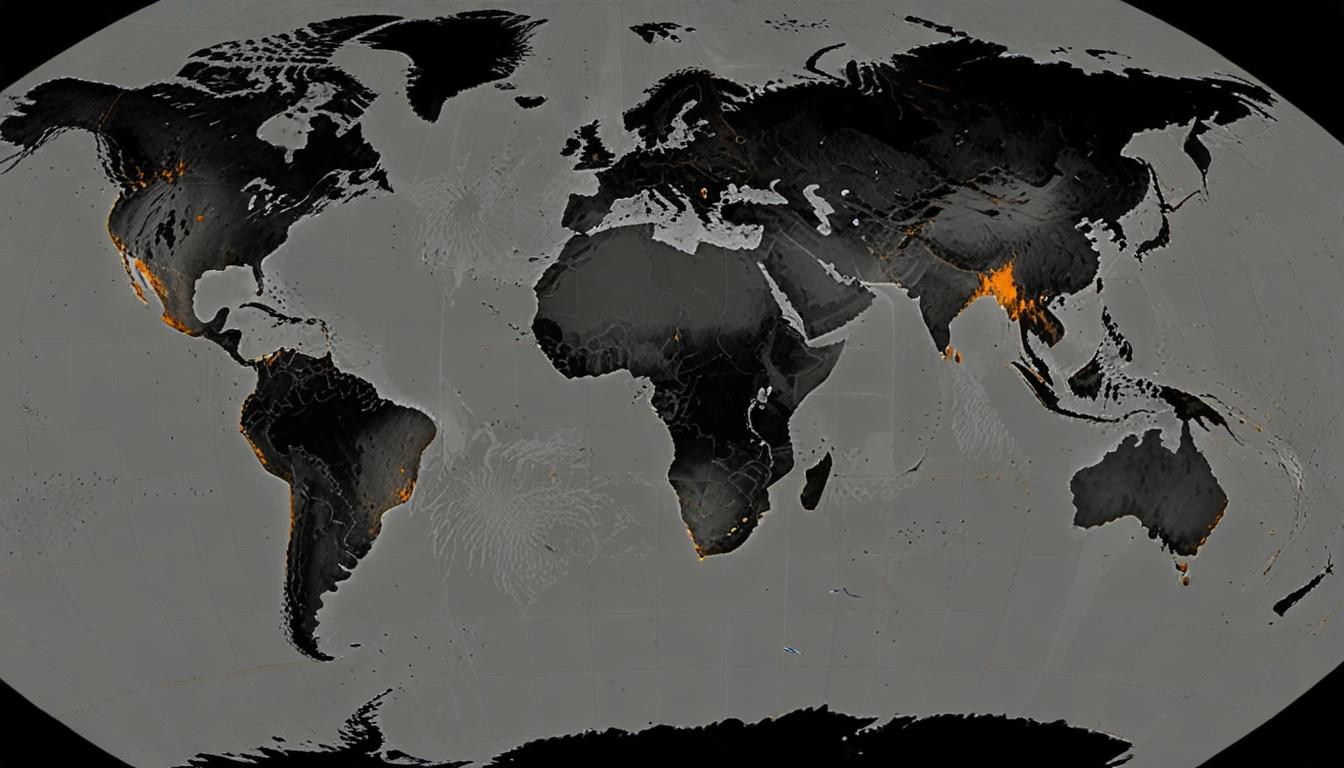A study by atmospheric scientist Wei Liu forecasts a significant northward shift of tropical rains, impacting agriculture near the equator. Another study warns of a climate tipping point that could accelerate ice melt and raise sea levels, urging immediate action against climate change.
A study led by Wei Liu, an atmospheric scientist at UC Riverside, predicts that unchecked carbon emissions will shift tropical rains northward over the coming decades, profoundly impacting agriculture and economies near the equator. This analysis, published on June 28 in Nature Climate Change, indicates that this shift will primarily affect regions such as central African nations, northern South America, and Pacific island states, where crops like coffee, cocoa, and bananas are grown.
The northward shift, driven by changes in the intertropical convergence zones due to carbon emissions, will last approximately 20 years before these zones are pulled southward by warming southern oceans for another millennium. These atmospheric engines are crucial as they drive about a third of global precipitation.
Liu and his colleagues utilized advanced climate models to predict these changes, factoring in atmospheric components, sea ice, water vapor, and cloud formation. Their analysis suggests the convergence zones will shift northward by 0.2 degrees on average.
In a related study published on June 25 in Nature Geoscience, researchers from the British Antarctic Survey, including lead scientist Alex Bradley, identified a climate tipping point that could lead to significant sea-level rise. The study’s novel model suggests that ocean water intrusion beneath ice sheet grounding zones could trigger a feedback loop, leading to accelerated ice melt and structural changes.
Bradley highlights that subtle ocean warming could lead to large ice losses, making current sea-level projections potentially significant underestimates. This discovery emphasizes the urgency of addressing climate change to prevent passing critical tipping points.













